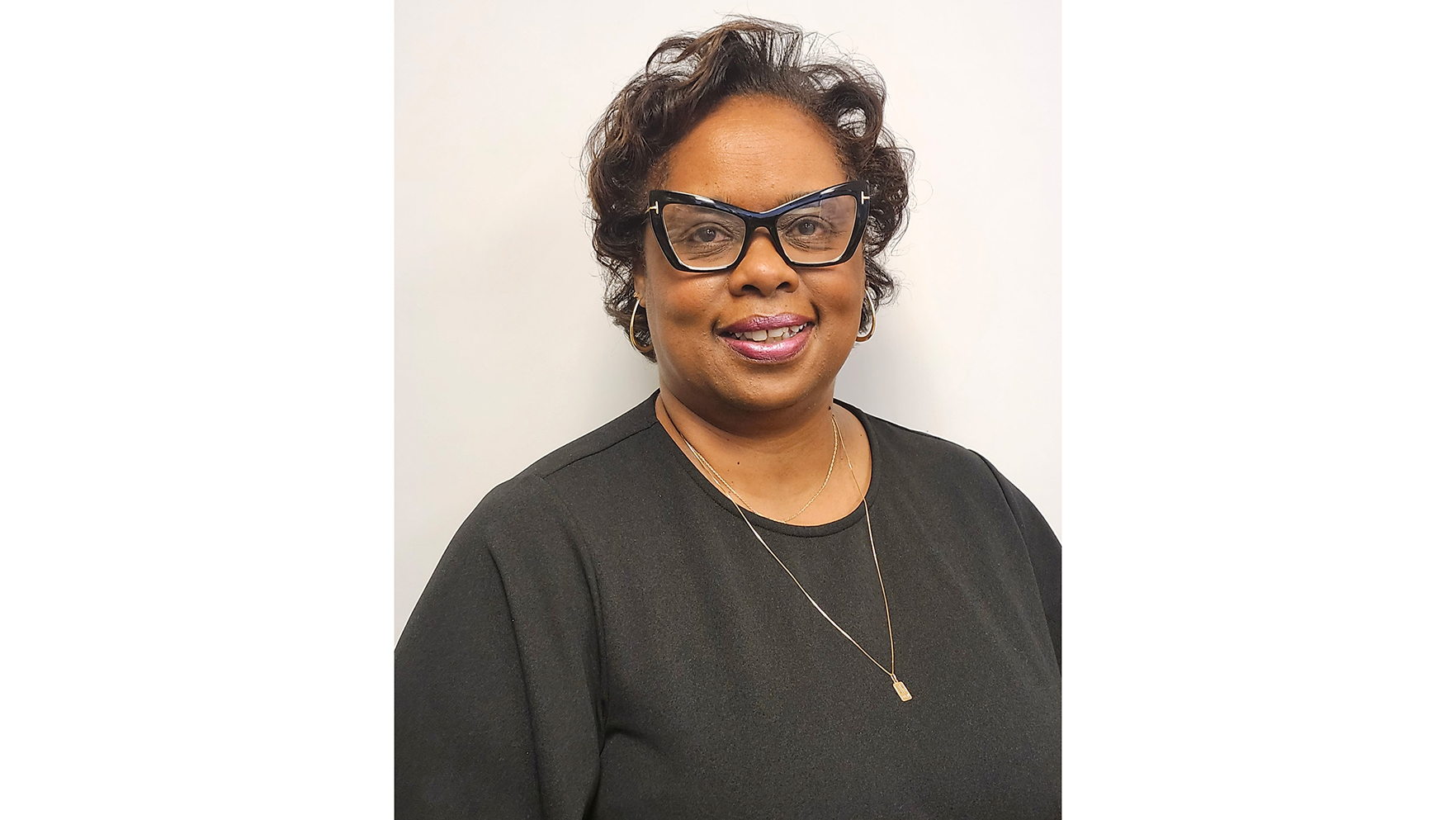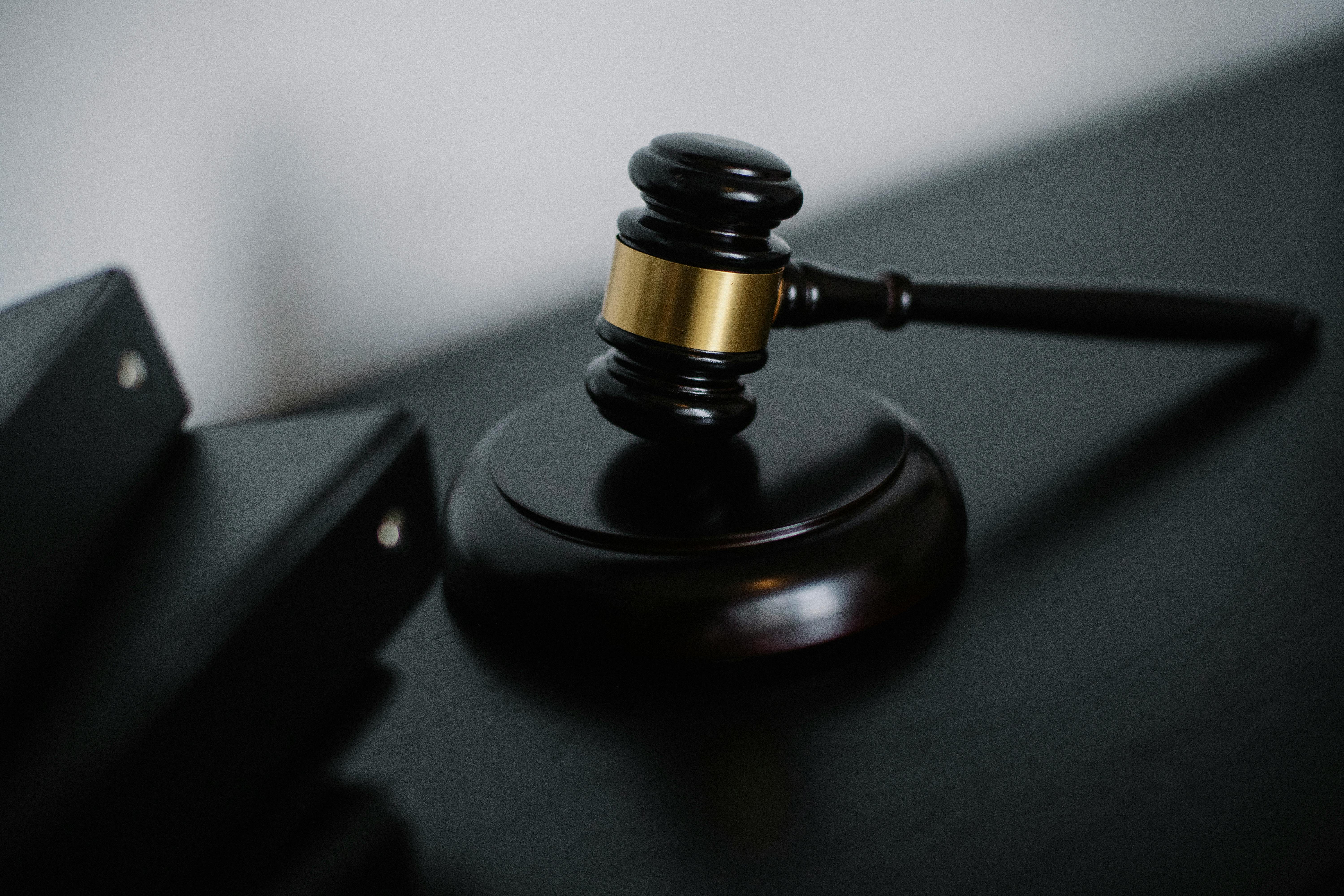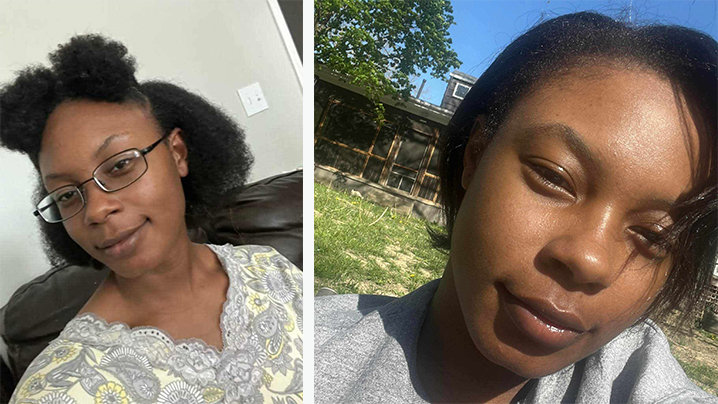Mississippi Health Ambassadors speak to ILR, Lions Club
Published 12:00 pm Wednesday, February 26, 2025



Area Mississippi Health Ambassadors recently spoke at the Institute for Learning in Retirement (ILR) at Copiah-Lincoln Community College.
The Mississippi Health Ambassador Initiative (MHAI) is a community health advocacy program designed to provide Mississippians with information, guidance and resources around emerging health issues in the state.
MHAI is educating and empowering a diverse group of Mississippians to serve as the trusted voices in their communities.
Trending
With an opportunity to effectively impact the infection rates in the state, ambassadors are focusing efforts on dispelling myths and misinformation in all regions of the state while addressing concerns raised by those in communities represented by health ambassadors.
Approximately 150 Mississippians meet virtually every month and learn from different health experts with the intent of disseminating the information in their communities — each in their unique ways from school and church announcements and work and civic presentations to communications such as email, social media, website, blogging, and text chains.
Local-area ambassadors were asked to guest-present.
“Through my working with veterans, I meet many with health issues, so when this opportunity presented itself, I thought this would be a good way to learn more about conditions and illnesses they are dealing with,” said Cathy Stroud, first-year ambassador.
A 31-year Wesson resident, Stroud spoke on February’s National Heart Health Month. Heart disease is the number one killer in America.
“Everyone knows someone who is suffering from it or has passed from it,” said Stroud.
Trending
Heather Wilmoth of Sontag has remained an ambassador since its inaugural year. She spoke on neurodegenerative movement disorders and emphasized Huntington’s Disease (HD).
“HD doctors won’t test children unless they show physical symptoms,” said Wilmoth, whose husband suffers from the disease. “Huntington’s Disease is a terminal neurodegenerative inherited disease that is described as having ALS, Parkinson’s and Alzheimer’s all at the same time. There is no treatment and there is no cure.”
Ambassadors learn various health topics that include flu rates, heart disease, cancers, Covid-19 trends, rising syphilis numbers, diabetes, among many others. Ambassadors are educators, mayors, retired professionals, school nurses, doctors, community workers, business owners, and so many more.
Jessica Breazeale of Wesson, MHAI Program Manager, jokingly calls herself the cruise ship director.
“I absolutely love steering the group,” said Breazeale. “I’ve always been passionate about public health and education, so putting the two together just go hand-in-hand for me.”
MHAI is in its fourth year and started as a passion project for former state health officer Dr. Thomas Dobbs. Dobbs is now at UMMC heading up the School of Population Health and Epidemiology but remains very active in the program as a volunteer as one of our regular health educators.
Health Ambassadors also recently spoke at the Lions Club in Wesson. Kim Whittington of Wesson, who has been an ambassador all four years, educated members on mental health and suicide prevention and how to combat it. The Suicide and Crisis Hotline is 9-8-8, available via call or text. It offers 24/7 judgment-free support for mental health, substance use, and more. She also stressed the importance of the need for every home, business and church to get a free Naloxone kit which helps assist during an active overdose.
“You just never know if and when you’ll need this,” said Whittington who also demonstrated how the kit works. “Please watch out for warning signs of a child in crisis. My granddaughter had three friends commit suicide within the past few years. This is real and it’s happening.”
Properly prescribed medications can be effective — but like illegal drugs, they can also be abused. Whether produced legally or illegally, stimulants and opioids are dangerous substances, and just a small dose can be deadly under the right circumstances. Free kits are available at odfree.org.
MHAI is funded by the Mississippi State Department of Health and housed at the Partnership for a Healthy Mississippi. To watch the recorded calls or obtain the slides from health experts, visit healthy-miss.org/misshealthambassadors.








